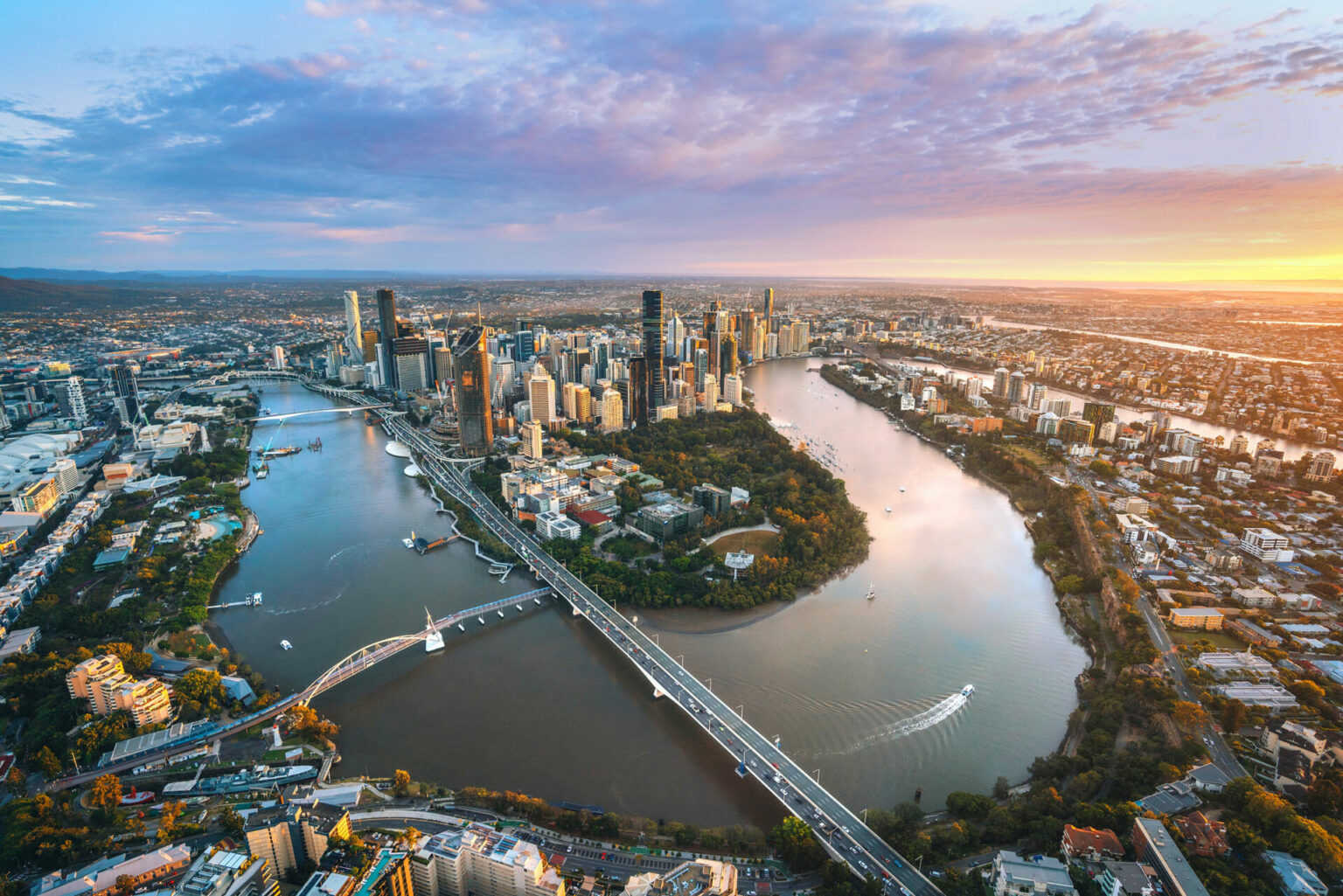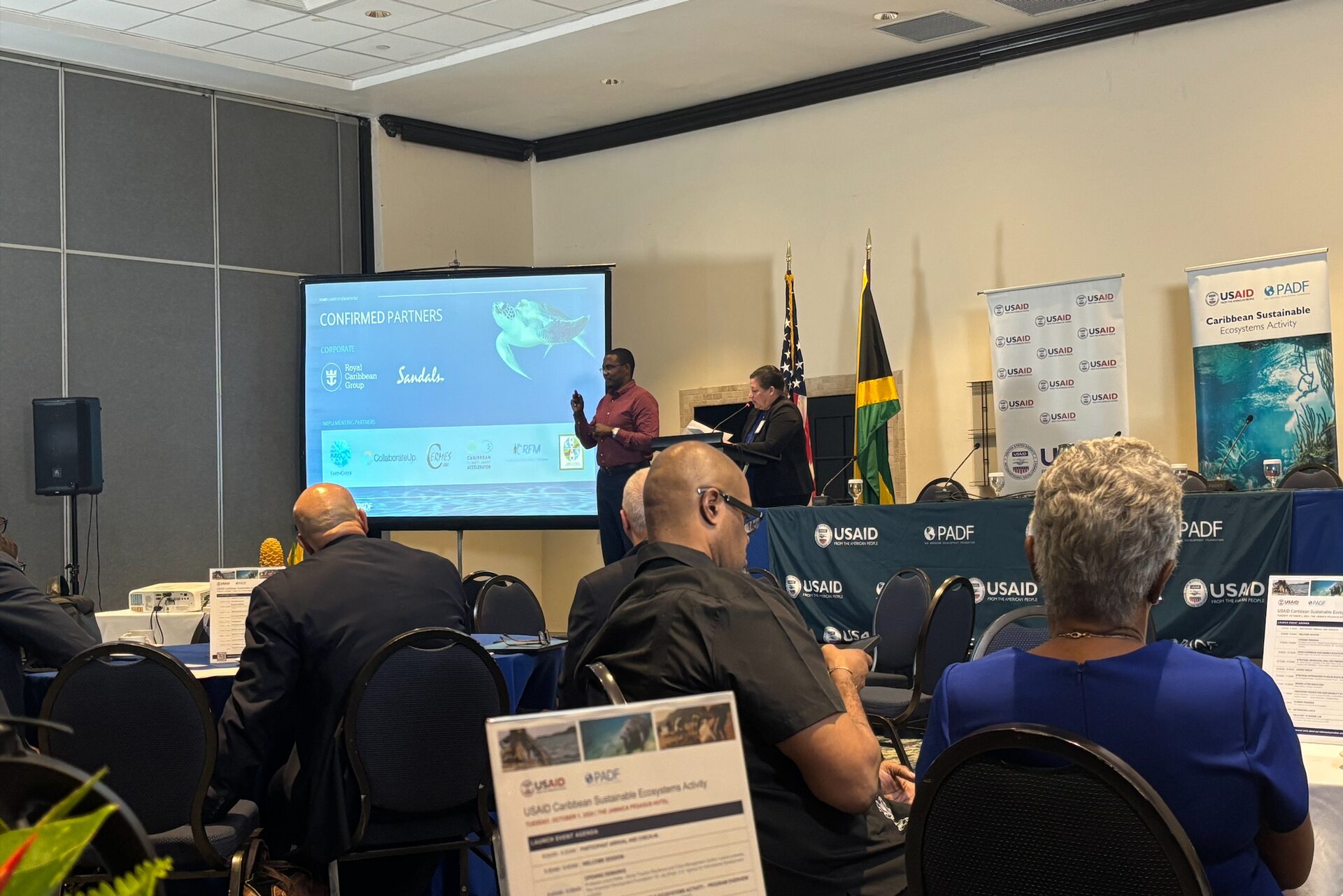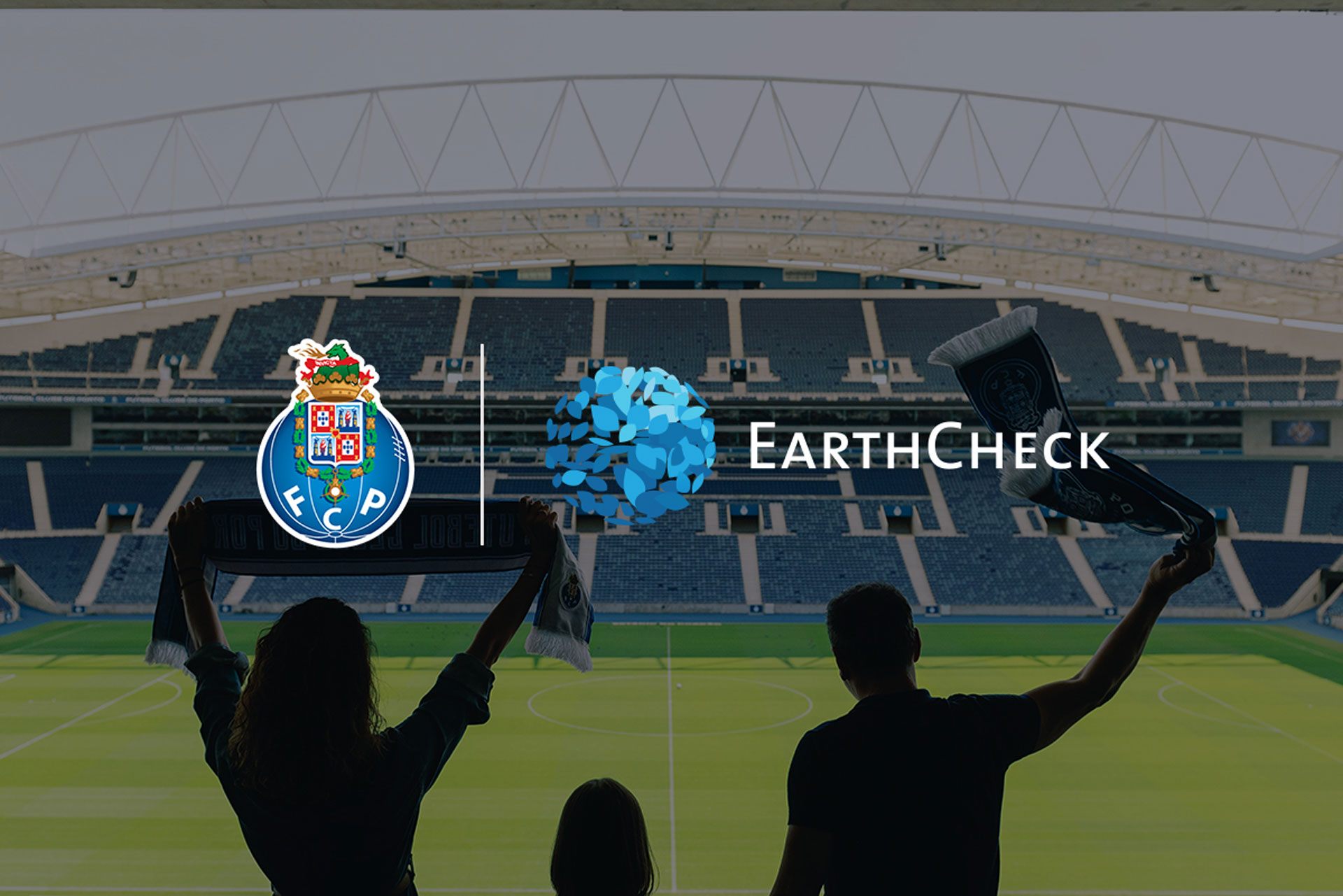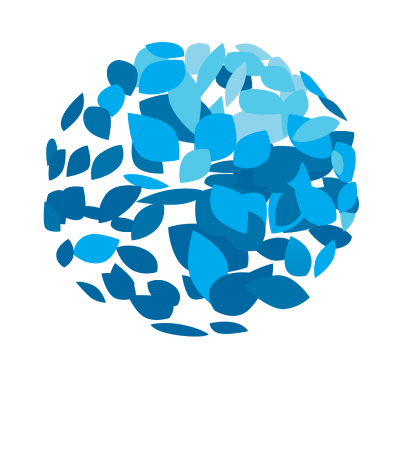By Stewart Moore, EarthCheck Founder and CEO
The 2032 Olympic and Paralympic Games present a unique opportunity to reposition and reshape Queensland’s visitor economy for decades to come – but the industry must act now to leverage the runway to the Games.
Brisbane has committed to delivering the world’s first climate positive Olympic and Paralympic Games, which means the event will go beyond net-zero and provide an environmental benefit by making greenhouse gas reductions greater than the Games’ residual emissions. To achieve this, all businesses need to play their role in delivering outcomes aligned to this ambition.
But the Games present a larger opportunity for the tourism industry – to take a leadership position in reimagining and repositioning Brisbane, South-East Queensland and Queensland as destinations at the forefront that value sustainable and responsible travel more than ever.
The Olympic-sized sustainability opportunity
Events such as the Olympics not only bring extensive international and national exposure and awareness to the host region, but also provide a catalyst for increased revitalisation of community and commercial infrastructure. Queensland has a once-in-a-generation chance to leverage this opportunity with sustainability at its heart.
The Games provide an opportunity to galvanise the tourism industry, with the support of local communities, to invest in sustainability measures now that will have positive impacts on the environment, the economy and the host community for decades to come.
Sustainability is a dynamic discussion which includes renewable energy, the recycling and repurposing of waste, and community accountability and partnerships. It should also include regenerative design principles – put simply, this is tourism that doesn’t just have a neutral impact on the natural environment, but enables visitors to leave destinations better than they found them.
It is time to focus on doing more for good. Sustainable action is no longer a nice-to-have – it is becoming an expectation, and people are now choosing brands and destinations that can demonstrate they are sustainable. In 2022, studies by Expedia and Booking.com found that in the wake of the COVID pandemic, which gave all of us time to pause and reflect on our impact on the environment, sustainability is important for up to 90 per cent of consumers.
For Queensland to take advantage of the Olympic runway and the benefits it creates, we need to regroup to establish a vision for what a leading sustainable destination of the world would look like and feel like to live in and visit. This vision will guide and shape the future of the outcomes of the Games and direct broader industry engagement in sustainability.
We need to embrace a strong First Nations narrative, and the Paralympic Games also provide a catalyst for Queensland to become a global leader in accessible tourism, by developing products and experiences that meet the needs of all visitors.
The time has to be now
It might seem like the tourism industry has plenty of time to take advantage of these opportunities – after all, 2032 is a decade away. But the reality is that we’re already rapidly running out of runway. The pathway to doing more good is not an overnight achievement. It takes time, resources and a commitment to action.
For one thing, 2032 is a misleading target. Brisbane doesn’t become the Olympic City in 2032 – that happens four years earlier, as soon as the baton is passed from Los Angeles at the conclusion of the 2028 Games. From that point on, the eyes of the world will be focused on Brisbane, and we’ll only get one chance to make a good first impression.
The Queensland Government’s recent $2 million investment in the Eco-certified Tourism Destination Program is a strong step in the right direction.
The program is designed to support Queensland destinations to achieve globally recognised certification as a tourism destination. This status assures visitors that certified Destinations are backed by a strong, well-managed commitment to ongoing improvement of sustainable practices.
The program underpins the vision for Queensland to become a leader in sustainable tourism, and supports Government actions to achieve the target of net zero emissions by 2050.
It’s an excellent initiative, but it’s not just about what you do in the first year. It’s about how you carry that forward and who you partner with to deliver change on the ground over time.
EarthCheck’s Leading Destinations of the World™ program provides an online scientific framework for destinations to benchmark their environmental, social and economic performance and to measure their carbon footprint. Most importantly the program allows destinations to compare their performance against other destinations across the world to drive real change.
EarthCheck currently works with clients in over 70 countries across the world, and has been working with a number of our international destinations for over 20 years, and it’s been great to see Queensland’s leading regions getting on board in the lead-up to 2032.
The Whitsundays, for instance, has partnered with EarthCheck to support its Healthy Heart initiative, which is focused on developing innovative, practical solutions to help the Whitsunday region manage the impacts of climate change, now and in the future.
The Whitsundays is one of the stars of the Queensland coast, from a visitor’s perspective. As a North Queenslander myself, it’s a great feeling to know that steps are being taken to protect the region’s tropical rainforests and beautiful beaches, which are consistently rated as Australia’s best.
In addition to Brisbane as our Olympic City, seven other regions will be taking part in the EarthCheck Leading Destinations of the World™ program – tracking and measuring their impact to do more good and aim towards the targeted emissions reductions.
There’s much to be done before 2032, and this is just the beginning. But the more Queensland destinations become part of certification programs like EarthCheck, then the more knowledge and ideas can be shared throughout the state, and the stronger our position will be – not just in the lead-up to the Olympics, but as we build the sustainability framework of the future.

